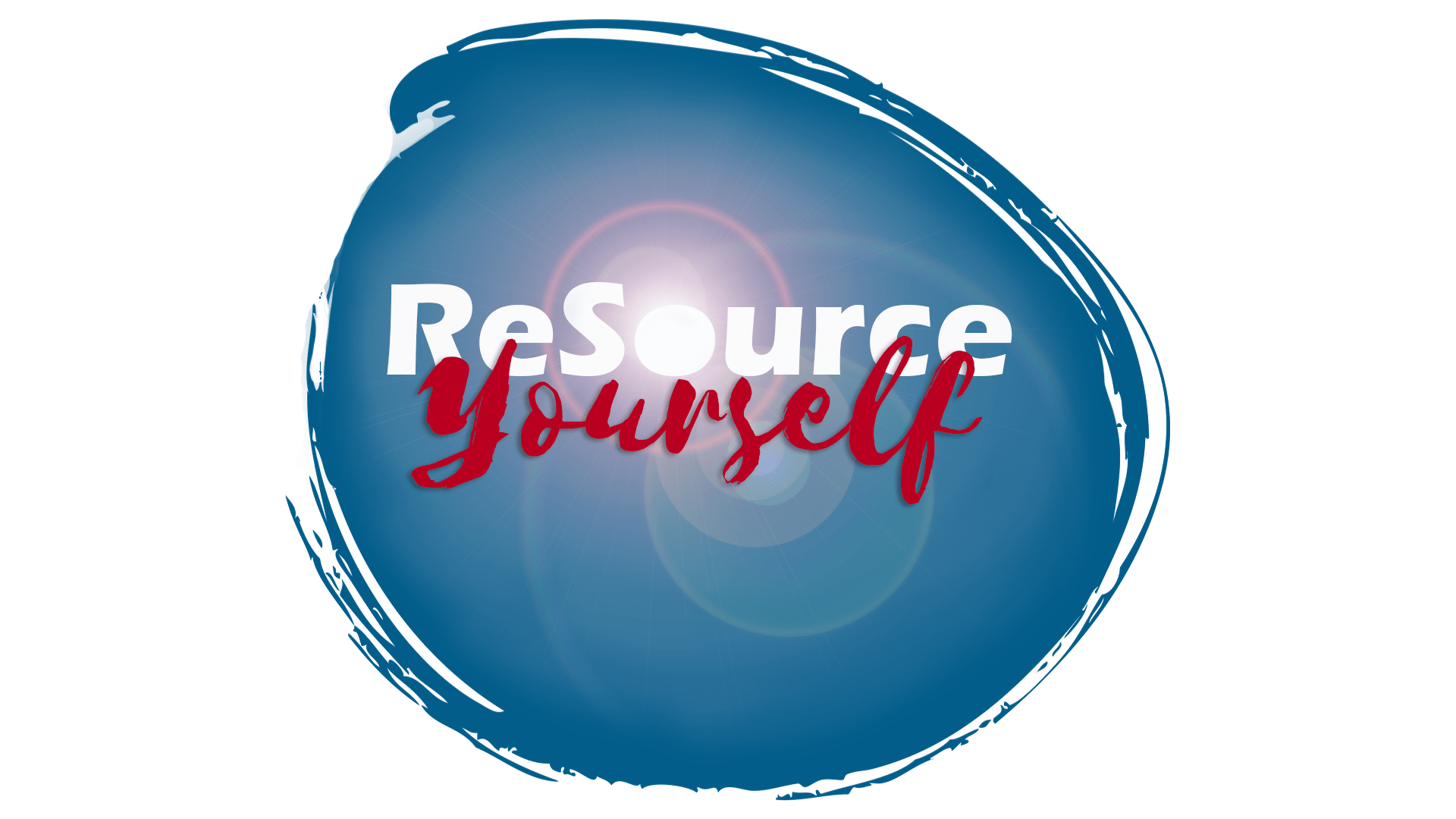We’ve talked about how negative beliefs influence our lives and keep us from fulfilling our potential. We’ve also talked about how the emotional context gives meaning and power to a belief , and makes it more or less positive.
But recently I’ve become very aware that even positive beliefs, or more correctly said, seemingly positive beliefs, can be limiting us and keeping us from growing or having positive experiences.
Let’s take a common spiritual teaching as an example:
Many schools teach the spiritual searchers that they have to accept whatever life brings and not resist it. In the context of acceptance (Hawkins’ consciousness level 350-400), this is clearly a positive believe, because it will keep us from wasting our energy fighting the inevitable, and enable us to focus our efforts where they can have an effect. So when someone subscribes to this pattern of thinking because of the experience of acceptance, he would have a positive outcome, learn and grow, and probably be really happy with this way of seeing the world.
Here comes the problem: our mind can hold on to the mental pattern, and without us noticing it, our motivation or underlying emotion can change. In other words, that pattern can be enacted or applied out of context. Let’s say our spiritual searcher applies his principle of acceptance diligently, but little by little develops the sensation that nothing matters. In his subconscious mind he may reason “if I accept everything, what does it matter if I make an effort? And so this belief he holds, all of a sudden, would be connected to a consciousness field of apathy (Hawkins’ level of consciousness 50-75, a context in which we experience little energy and no push to move and change things. The belief will still sound positive, but the emotions around it are not.
What does that mean? It means that by using our mind alone we can never be sure whether something we think is actually positive or negative. Hawkins has found a way of testing the context, or energy level by the use of kinesiology (a muscle test). So in the ReSource Yourself therapy we can make sure that our beliefs don’t get in the way without us noticing, or that we can let go of the negative concepts and emotions that drag a belief “down”. But in everyday life, we unfortunately have little awareness of all the motivations and emotions that make us think or belief or do anything, and much less of how they change. At the end, life has a way of giving us feedback, but that’s usually painful.
We have to use the clues we have as to what context this belief is in, which emotions it comes with, and our sensation for whether holding this belief gives us energy and helps us grow, or doesn’t. And those clues don’t so much come from the mind, but we find them in our bodies, in our emotions, in our physical energy, and sometimes even in other people’s reactions to us.
But one thing is clear: Many times we experience things out of context, and our awareness of “good” and “bad” is limited.
Interested? Check out Blog 1 and 2 of this series…
The Power of the Mind 1: Are your beliefs supporting, or hurting you?
The Power of the Mind (2): Emotions Give Meaning to What We Think.


